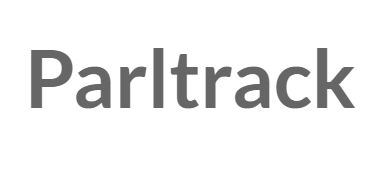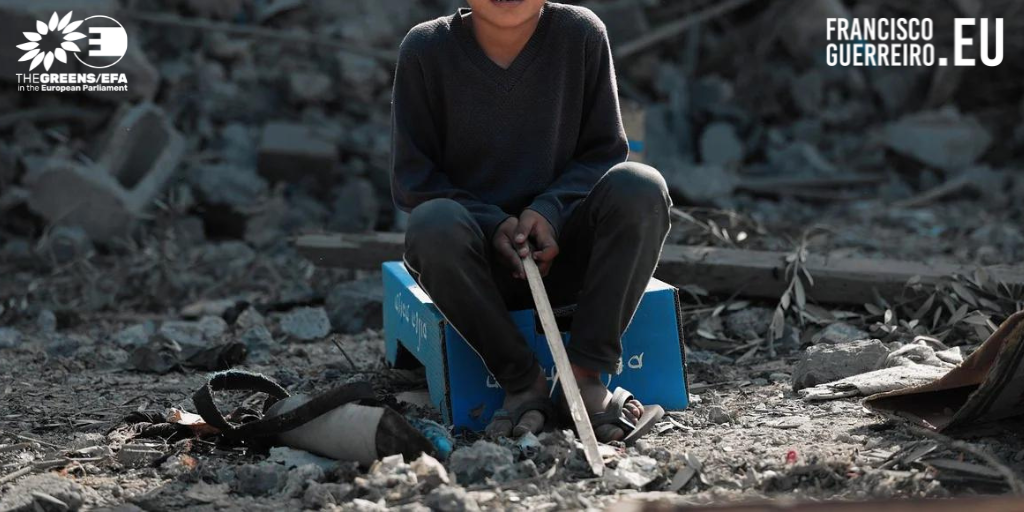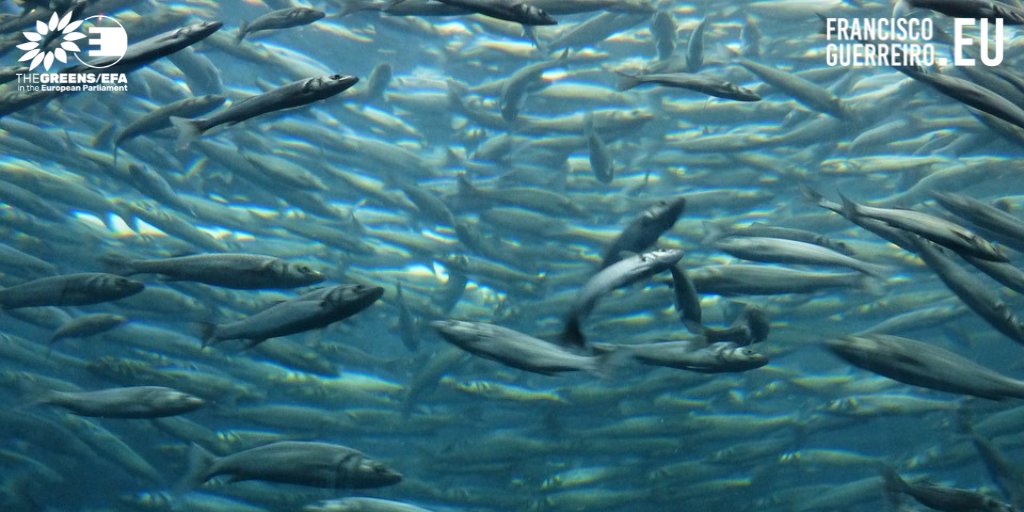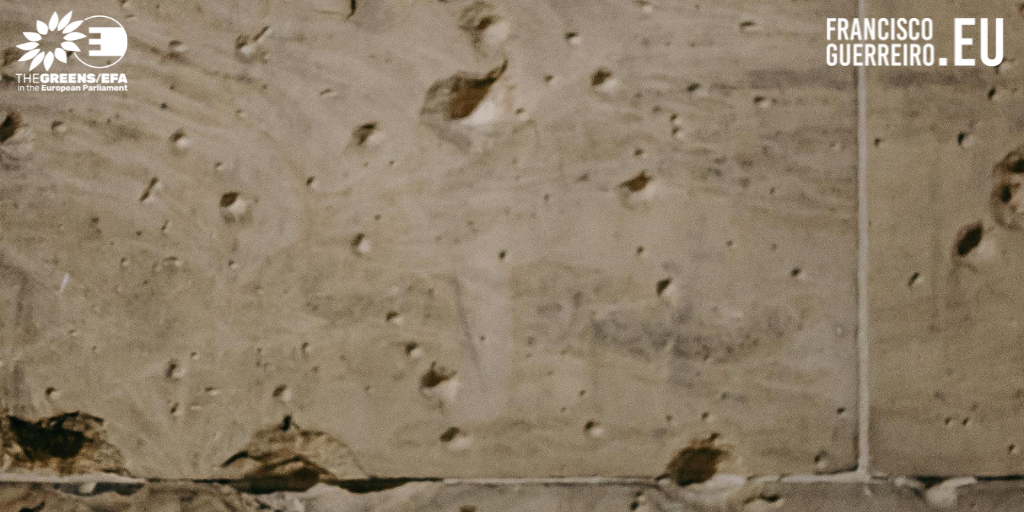
Question to the EC: Docking of pigs’ tails – the Commission’s response to enforcement issues
See Francisco Guerreiro’s question to the European Commission and the written answer on the docking of pigs’ tails.
Subject: Docking of pigs’ tails – the Commission’s response to enforcement issues
Although the routine docking of pigs’ tails has been banned in the EU since 2003, NGO investigations have found that the EU pig industry is ignoring the EU’s Pigs Directive by continuing to perform this painful and unnecessary practice, which is very frequently coupled with tooth clipping and castration, on a widespread basis.
The biting of tails is one of pigs’ natural responses to the inadequate environmental and stress-inducing conditions in which they are kept before being killed. The Pigs Directive stipulates that this practice should not be carried out routinely and requires, therefore, that farmers take measures to prevent tail-biting and other vices, such as providing an adequate and enriching environment for pigs. In Portugal alone, according to the final report of the audit carried out by the Commission’s services in Portugal (DG(SANTE) 2019-6750), the Portuguese authorities estimate that 65 % of pigs in annual pig production still routinely have their tails docked.
As clear guidance on enforcement is lacking and the sanctions are not dissuasive, leading to a situation in which farmers have little incentive to improve their practices:
What does the Commission intend to do to ensure strict compliance with the Pigs Directive and, more specifically, to end routine tail‑docking of pigs?
Answer in writing
The welfare of pigs is for many years one of the animal welfare priorities for the Commission.
The Commission adopted a recommendation(1) to reduce the need for tail docking accompanied by a Commission staff working document(2). The Commission also produced educational materials to illustrate how to prevent tail docking(3).
The Commission services conducted meetings, audits(4), requested action plans from all Member States and carried out administrative follow-up. Furthermore, the Commission formed a ‘task force’ providing support to national authorities to assess the situation in pig farms and improving communication with the concerned actors.
In 2019, the Commission started an evaluation of the EU Strategy for the Protection and Welfare of Animals 2012-2015(5). The evaluation is expected to be completed by the end of 2020. In parallel, in the context of the European Green Deal(6), the Commission presented a Farm to Fork Strategy(7), which includes animal welfare actions. Both the evaluation of the EU animal welfare strategy and the Farm to Fork Strategy will contribute to design future activities deemed necessary in the field of animal welfare, including on the welfare of pigs.
(1) Commission Recommendation (EU) 2016/336 of 8 March 2016 on the application of Council Directive 2008/120/EC laying down minimum standards for the protection of pigs as regards measures to reduce the need for tail-docking, C/2016/1345, OJ L 62, 9.3.2016, p. 20.
(2) Commission Staff Working Document on best practices with a view to the prevention of routine tail-docking and the provision of enrichment materials to pigs SWD(2016) 49 final.
(3) https://ec.europa.eu/food/animals/welfare/practice/farm/pigs/tail-docking_en
(4) Ref. 2017-6125 (Netherlands), 2017-6126 (Spain), 2017-6123 (Denmark), 2017-6257 (Italy), 2018-6445 (Germany), 2019-6604 (Hungary), 2019-6749 (Austria), 2019-6750 (Portugal), 2019-6603 (France).
(5) COM(2012)0006 final.
(6) COM(2019) 640 final.
(7) COM(2020) 381 final.










ParlTrack - Francisco Guerreiro considered one of the most productive MEPs
Monday, 01 July 2024
The analytical website ParlTrack has recorded all the parliamentary actions of MEPs during the 2019-2024 term, considering Francisco Guerreiro one of the most productive.READ MORE